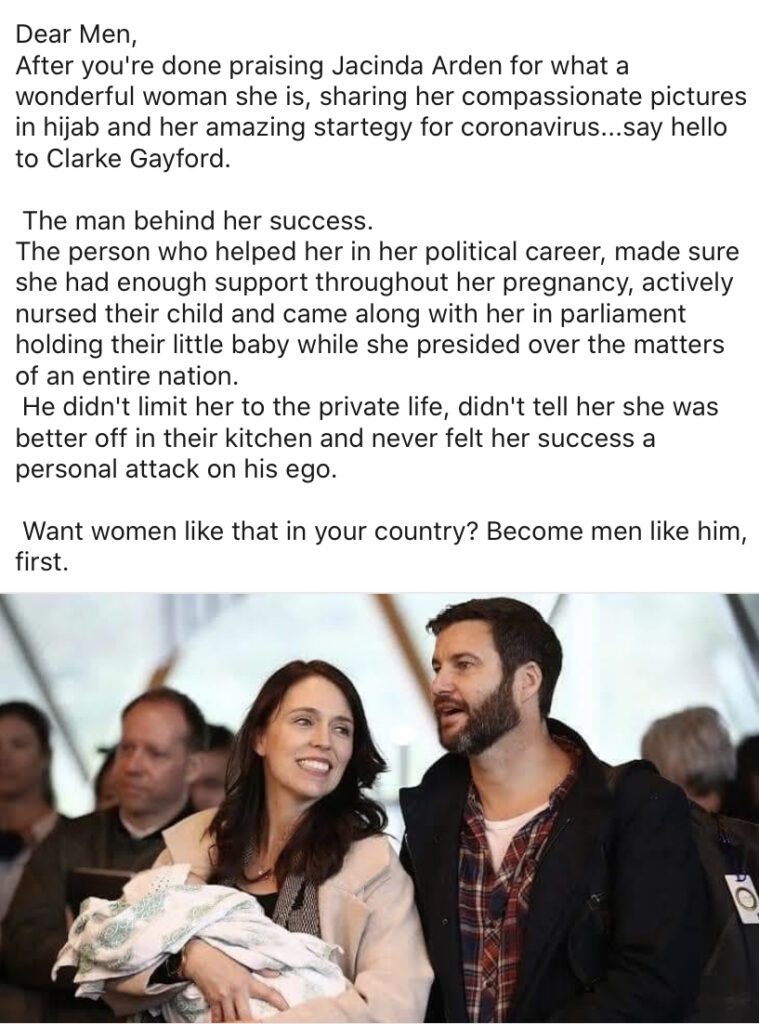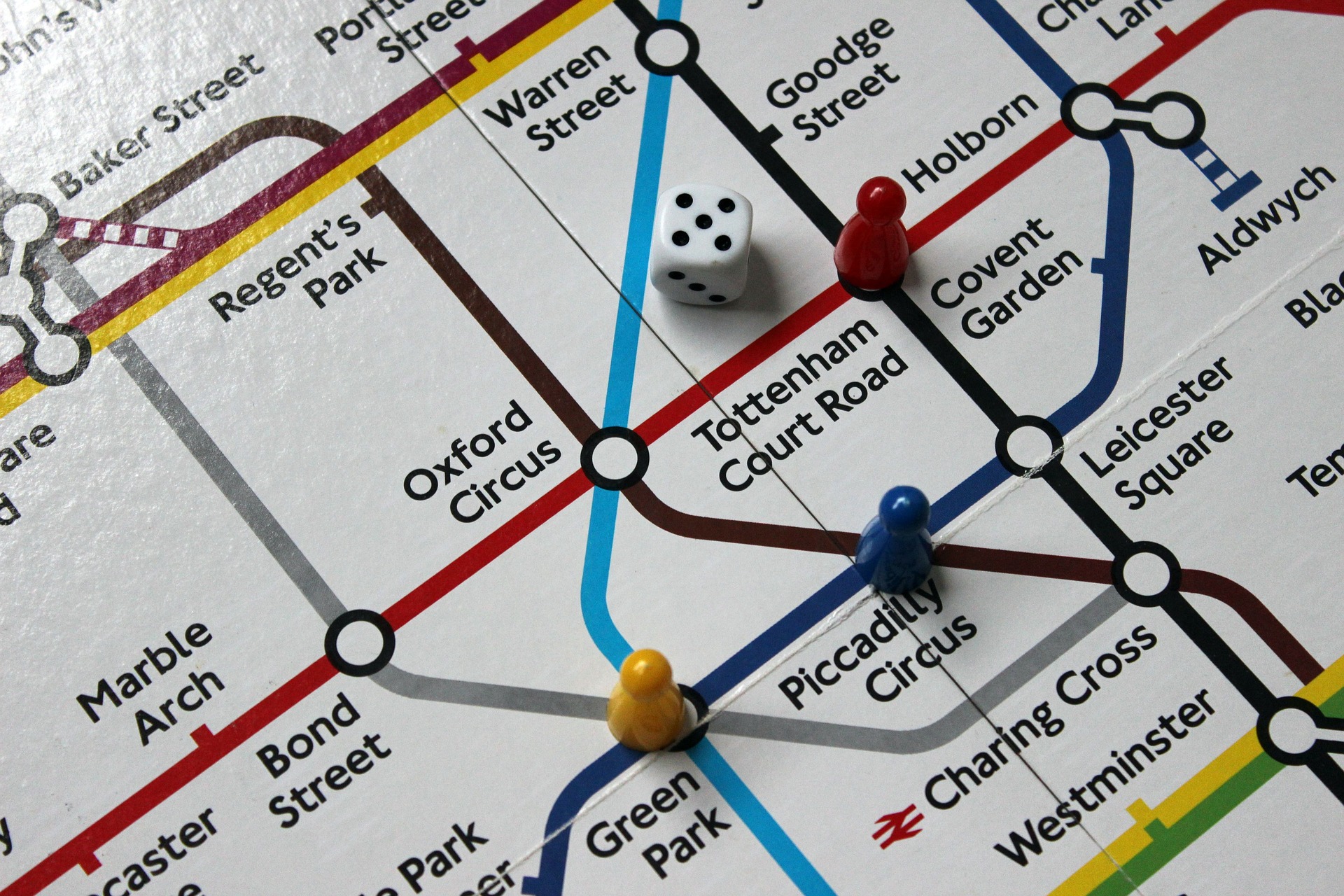The current BLM protests are creating some interesting conflicts of perspectives that exist in our society. Whether you are for or against removing statues, the divisiveness in society makes it difficult for people to listen to different perspectives.
But challenging our perspective is really important for our personal development, growth, and improving our understanding of how other people perceive what we mean when we say or do something.
It is very easy for us to mean one thing and for other people to “get the wrong end of the stick.” What happens too often though is that we will defend our position and our intention, rather than hearing a different perspective and adjusting what we do or say to avoid a misunderstanding in the future.
Is this a misogynist linkedIn post?

Many of those commenting lauded this post, stating how it was important to recognise the partners of successful people. They also focus on the message that men should support women in their careers.
But that was not my reaction, or that of a large number of women reading the post.
As a woman my reaction to this post was “Wow! So a woman can’t succeed on her own merit. I could argue that behind every great man is a great woman, but how many great men breast feed their kid whilst at work – even taking her child to the UN whilst she was all business? But I’m kind of left with, hell, if this isn’t a back handed misogynistic post I don’t know what is.”
From my perspective the issues with this post are:
- Where a world leader is referred to as “a wonderful woman” it reduces her to her sex rather than how male leaders are described which are based on leadership characteristics “effective leader” etc.
- The line “the man behind her success” infers that she would not be successful without him, and how women have played this role for millenia and are never given given such fulsome praise. The “behind every great man is a great woman” may be added as an afterthought, but never as the central point as in this post
- The “he didn’t…” is full of sexist tropes as if a female leader needs a man to be those things to be successful. History is full of women who have been successful despite men being all those things.
- The last line “want women like that…” suggests that without men you can’t have “wonderful women”
In the reactions to my comment I was accused of “nit picking” and was told to “get off my high horse”, I was also told I was “very desperate to make this post about you.” Further misogynist commentary resulting from me and other women holding a mirror, waving a red flag and honking our horns about how how problematic this post is.
Challenging perspectives
The problem with challenging someone else’s persepctive is that you are challenging their mental framework and if that person is not open to listening to a different perspective, it is about as effective as kicking a metal strut – it’s immovable.
I can’t change someone else’s reaction to me challenging their perspective. But I can change how I react to people challenging my perspective. I can listen, explore through asking quesitons and discover different perspectives with them. Choosing to be in a space of suspension allows us to hear a different point of view. Really hear it, not just hear it to defend our position.
It was only when the commentator who was most defensive about my post asked me to “explain to me how the phrase describing her as a wonderful woman is sexist?” that the dialogue changed course.
In dialogue, questions are the “open sesame” to challenging perspectives. As soon as we ask questions we open a door into exploring how someone else has constructed a meaning framework. Instead of kicking a metal strut, we are exploring the floor plans, and as such we can examine together whether the layout works or does not work in a particular context.
If you find yourself confused at someone’s reaction to something that has been said or done, commit yourself to a dialogic process where you can examine meaning.
Interviewer Michael Parkinson used three devices to examine his guests perspectives:
- Tell me…
- Explain
- Describe
These are good command words to begin dialogue and explore perspectives. Use them liberally.













